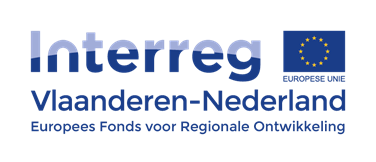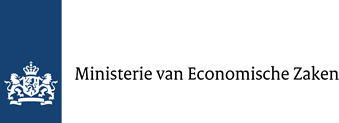News
27-03-2018
BIO-HArT: a new laboratory for the production of aromatics from biomass
BIO-HArT project partner KU Leuven has presented a new reactor facility that allows them to scale up new chemical processes for bio-economy from small lab scale to larger volumes.
Biorizon Innovation and Upscaling of Renewable Aromatics Technology (BIO-HArT)
Within the BIO-HArT project, ten partners are collaborating on scaling up technology for the production of aromatics from biomass. Aromatics are important building blocks for many chemical products and materials, and are produced today by refining fossil oil. For a global transition from fossil to bio-based raw materials, it is therefore important to develop sustainable alternatives for fossil aromatics.
Sustainable building blocks for the chemical industry
KU Leuven uses the new reactor facility to process wood, preferably from waste or by-products, into a pure (paper) pulp and a liquid 'lignin oil', which is packed with valuable aromatics. The formed bio-aromatics are useful as building blocks for the chemical industry to make sustainable chemicals and materials. Possible applications are inks and glues, hard plastics such as plexiglass, insulating material, solvents, fragrances, flavors or medicines.
Test samples and develop new products
By carrying out this technology on a larger scale, the researchers can not only further improve the processes themselves, but are also capable of producing larger amounts of lignin oil. Project partners and interested companies can test these samples and in the end, new products can be developed on the basis of the lignin oil. In the future, the reactor infrastructure can also be used to make valuable chemicals from other important biomass streams, such as sugar beet.
The Flemish Brabant province supports this project with a provincial subsidy of 182,250 euros. The project was further developed through a contribution from the European Interreg V Flanders-Netherlands program.







